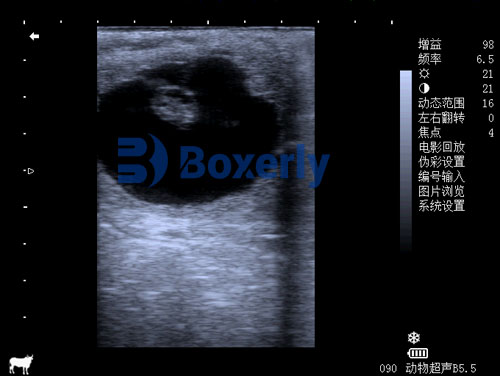Breeding a mare is an exciting endeavor, but it comes with responsibilities to ensure the health and well-being of both the mare and the developing foal. One of the most critical aspects of managing equine pregnancies is the strategic use of ultrasonography. This non-invasive imaging technique allows veterinarians to monitor the progression of pregnancy, detect potential issues early, and make informed decisions to support a successful outcome.

Understanding Equine Ultrasonography
Ultrasonography employs high-frequency sound waves to create images of internal structures. In equine reproduction, transrectal ultrasonography is commonly used to visualize the uterus and ovaries. This method provides real-time images, enabling veterinarians to assess the presence of an embryo, monitor fetal development, and identify any abnormalities.
Recommended Ultrasound Schedule for Pregnant Mares
A structured ultrasound schedule is essential for monitoring the health of the pregnancy. Below is a guideline outlining key time points and objectives for each examination:
Day 14–16: Initial Pregnancy Confirmation and Twin Detection
Approximately two weeks post-ovulation, the first ultrasound is performed to confirm pregnancy by identifying the embryonic vesicle. This examination is also crucial for detecting twin pregnancies, which pose significant risks. If twins are identified, one embryo is typically reduced to enhance the chances of a successful single pregnancy.
Day 25–30: Embryo Viability and Heartbeat Detection
Around the fourth week, a follow-up ultrasound assesses the embryo's viability by detecting a heartbeat. This milestone indicates a progressing pregnancy and helps identify any early embryonic losses.
Day 35–40: Endometrial Cup Formation
During this period, endometrial cups form, leading to the production of equine chorionic gonadotropin (eCG), which supports the pregnancy. Confirming their presence indicates a stable pregnancy. If the pregnancy is lost after this point, the mare may not return to estrus until the endometrial cups regress, typically around day 120.
Day 60–70: Fetal Sex Determination
Between days 60 and 70, experienced veterinarians can determine the fetus's sex through ultrasonography. This information can be valuable for breeding decisions and future planning.
Day 90–120: Mid-Gestation Assessment
A mid-gestation ultrasound evaluates fetal development and placental health. This examination can detect issues such as placentitis or fetal growth retardation, allowing for timely interventions.
Day 150–180: Late Gestation Monitoring
In the later stages of pregnancy, ultrasonography assesses fetal position, movement, and overall well-being. Monitoring during this period ensures that the fetus is developing appropriately and prepares for any necessary interventions during foaling.

Tailoring Ultrasound Schedules
While the above schedule provides a general framework, individual circumstances may necessitate adjustments. Factors influencing the frequency and timing of ultrasounds include:
-
Mare's Reproductive History: Mares with previous reproductive issues may require more frequent monitoring.
-
Presence of High-Risk Conditions: Conditions such as uterine infections or hormonal imbalances warrant closer observation.
-
Breeding Objectives: Performance or breeding goals may influence the desired information from ultrasounds, such as fetal sexing.
Consultation with a veterinarian is essential to develop a tailored ultrasound schedule that aligns with the mare's specific needs and breeding goals.
Conclusion
Regular ultrasonographic examinations are a cornerstone of effective broodmare management. By adhering to a structured ultrasound schedule and collaborating closely with a veterinarian, breeders can enhance the likelihood of a healthy pregnancy and successful foaling. Early detection of potential issues allows for timely interventions, ultimately supporting the health and performance of both mare and foal.
References:
-
How Often Should My Veterinarian Ultrasound My Pregnant Broodmare?
-
Pregnancy Determination in Horses - Merck Veterinary Manual
-
Pregnancy Examination – Equine Reproduction Laboratory
-
Early Equine Pregnancy Ultrasound Images
-
Pregnant Broodmare Management - Henderson Equine Clinic
tags:
Text link:https://www.bxlultrasound.com/ns/801.html


